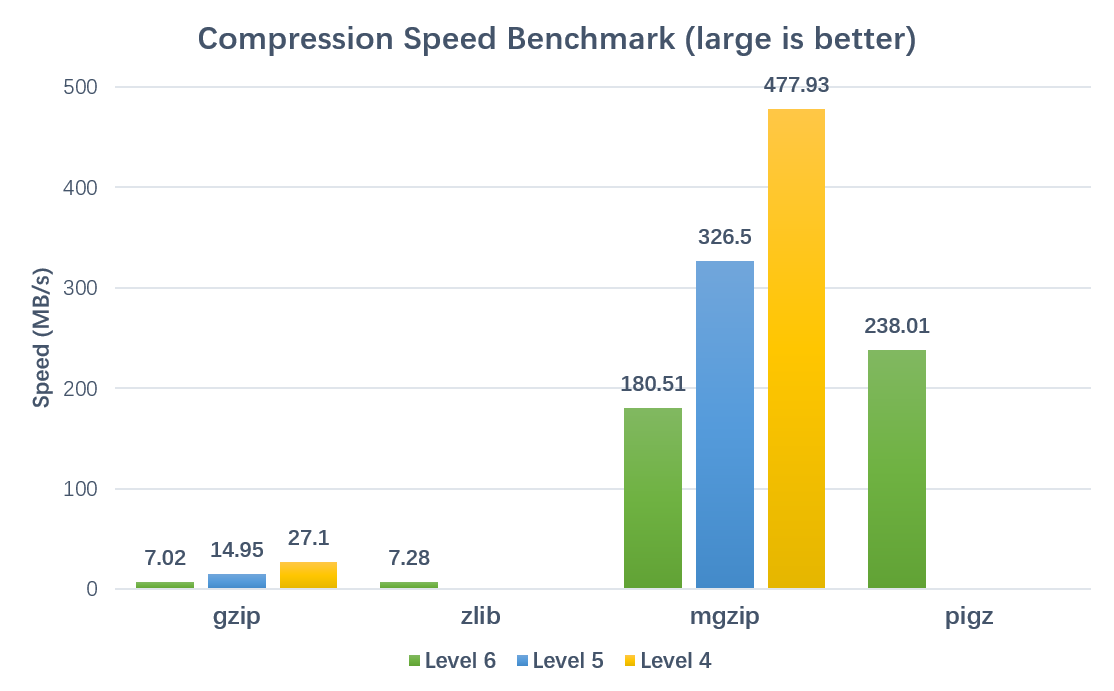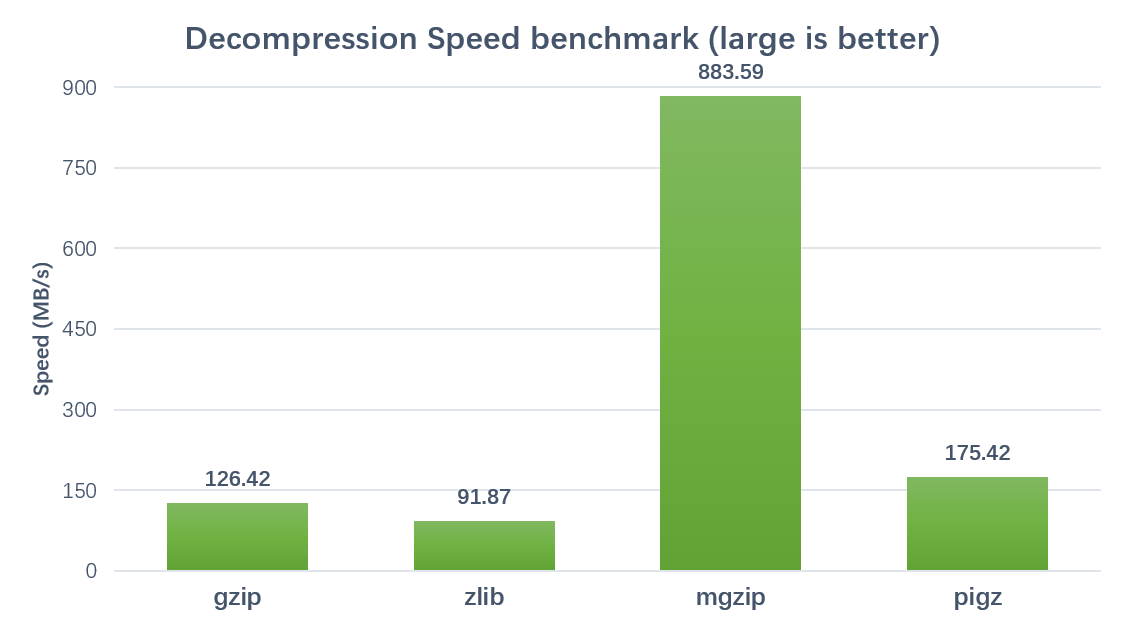1
2
3
4
5
6
7
8
9
10
11
12
13
14
15
16
17
18
19
20
21
22
23
24
25
26
27
28
29
30
31
32
33
34
35
36
37
38
39
40
41
42
43
44
45
46
47
48
49
50
51
52
53
54
55
56
57
58
59
60
61
62
63
64
65
66
67
68
69
70
71
72
73
74
75
76
77
78
79
80
81
82
83
84
85
86
87
88
89
90
91
92
93
94
95
96
97
98
99
100
101
102
103
104
105
106
107
108
109
110
111
112
113
114
115
116
117
118
119
120
121
122
123
124
125
126
127
128
129
130
131
132
133
134
135
136
137
138
139
140
141
142
143
144
145
146
147
148
149
150
151
152
153
154
155
156
157
158
159
160
161
162
163
164
165
166
167
168
169
170
171
172
173
174
175
176
177
178
179
180
181
182
183
184
185
186
187
188
189
190
191
192
|
%global _empty_manifest_terminate_build 0
Name: python-mgzip
Version: 0.2.1
Release: 1
Summary: A multi-threading implementation of Python gzip module
License: MIT
URL: https://github.com/vinlyx/mgzip
Source0: https://mirrors.nju.edu.cn/pypi/web/packages/80/31/0f83d46a92aae1a39d6b78c22def34c6791de2a300f019695d6aee3e4e5a/mgzip-0.2.1.tar.gz
BuildArch: noarch
%description
# mgzip
A multi-threading implement of Python gzip module
Using a block indexed GZIP file format to enable compress and decompress in parallel. This implement use 'FEXTRA' to record the index of compressed member, which is defined in offical GZIP file format specification version 4.3, so it is fully compatible with normal GZIP implement.
This module is **~25X** faster for compression and **~7X** faster for decompression (limited by IO and Python implementation) with a *24 CPUs* computer.
***In theoretical, compression and decompression acceleration should be linear according to the CPU cores. In fact, the performance is limited by IO and program language implementation.***
## Usage
Use same method as gzip module
```python
import mgzip
s = "a big string..."
## Use 8 threads to compress.
## None or 0 means using all CPUs (default)
## Compression block size is set to 200MB
with mgzip.open("test.txt.gz", "wt", thread=8, blocksize=2*10**8) as fw:
fw.write(s)
with mgzip.open("test.txt.gz", "rt", thread=8) as fr:
assert fr.read(len(s)) == s
```
## Performance
### Compression:

### Decompression:

*Brenchmarked on a 24 cores, 48 threads server (Xeon(R) CPU E5-2650 v4 @ 2.20GHz) with 8.0GB FASTQ text file.*
*Using parameters thread=42 and blocksize=200000000*
## Warning
**This package only replace the 'GzipFile' class and 'open', 'compress', 'decompress' functions of standard gzip module. It is not well tested for other class and function.**
**As the first release version, some features are not yet supported, such as seek() and tell(). Any contribution or improvement is appreciated.**
%package -n python3-mgzip
Summary: A multi-threading implementation of Python gzip module
Provides: python-mgzip
BuildRequires: python3-devel
BuildRequires: python3-setuptools
BuildRequires: python3-pip
%description -n python3-mgzip
# mgzip
A multi-threading implement of Python gzip module
Using a block indexed GZIP file format to enable compress and decompress in parallel. This implement use 'FEXTRA' to record the index of compressed member, which is defined in offical GZIP file format specification version 4.3, so it is fully compatible with normal GZIP implement.
This module is **~25X** faster for compression and **~7X** faster for decompression (limited by IO and Python implementation) with a *24 CPUs* computer.
***In theoretical, compression and decompression acceleration should be linear according to the CPU cores. In fact, the performance is limited by IO and program language implementation.***
## Usage
Use same method as gzip module
```python
import mgzip
s = "a big string..."
## Use 8 threads to compress.
## None or 0 means using all CPUs (default)
## Compression block size is set to 200MB
with mgzip.open("test.txt.gz", "wt", thread=8, blocksize=2*10**8) as fw:
fw.write(s)
with mgzip.open("test.txt.gz", "rt", thread=8) as fr:
assert fr.read(len(s)) == s
```
## Performance
### Compression:

### Decompression:

*Brenchmarked on a 24 cores, 48 threads server (Xeon(R) CPU E5-2650 v4 @ 2.20GHz) with 8.0GB FASTQ text file.*
*Using parameters thread=42 and blocksize=200000000*
## Warning
**This package only replace the 'GzipFile' class and 'open', 'compress', 'decompress' functions of standard gzip module. It is not well tested for other class and function.**
**As the first release version, some features are not yet supported, such as seek() and tell(). Any contribution or improvement is appreciated.**
%package help
Summary: Development documents and examples for mgzip
Provides: python3-mgzip-doc
%description help
# mgzip
A multi-threading implement of Python gzip module
Using a block indexed GZIP file format to enable compress and decompress in parallel. This implement use 'FEXTRA' to record the index of compressed member, which is defined in offical GZIP file format specification version 4.3, so it is fully compatible with normal GZIP implement.
This module is **~25X** faster for compression and **~7X** faster for decompression (limited by IO and Python implementation) with a *24 CPUs* computer.
***In theoretical, compression and decompression acceleration should be linear according to the CPU cores. In fact, the performance is limited by IO and program language implementation.***
## Usage
Use same method as gzip module
```python
import mgzip
s = "a big string..."
## Use 8 threads to compress.
## None or 0 means using all CPUs (default)
## Compression block size is set to 200MB
with mgzip.open("test.txt.gz", "wt", thread=8, blocksize=2*10**8) as fw:
fw.write(s)
with mgzip.open("test.txt.gz", "rt", thread=8) as fr:
assert fr.read(len(s)) == s
```
## Performance
### Compression:

### Decompression:

*Brenchmarked on a 24 cores, 48 threads server (Xeon(R) CPU E5-2650 v4 @ 2.20GHz) with 8.0GB FASTQ text file.*
*Using parameters thread=42 and blocksize=200000000*
## Warning
**This package only replace the 'GzipFile' class and 'open', 'compress', 'decompress' functions of standard gzip module. It is not well tested for other class and function.**
**As the first release version, some features are not yet supported, such as seek() and tell(). Any contribution or improvement is appreciated.**
%prep
%autosetup -n mgzip-0.2.1
%build
%py3_build
%install
%py3_install
install -d -m755 %{buildroot}/%{_pkgdocdir}
if [ -d doc ]; then cp -arf doc %{buildroot}/%{_pkgdocdir}; fi
if [ -d docs ]; then cp -arf docs %{buildroot}/%{_pkgdocdir}; fi
if [ -d example ]; then cp -arf example %{buildroot}/%{_pkgdocdir}; fi
if [ -d examples ]; then cp -arf examples %{buildroot}/%{_pkgdocdir}; fi
pushd %{buildroot}
if [ -d usr/lib ]; then
find usr/lib -type f -printf "/%h/%f\n" >> filelist.lst
fi
if [ -d usr/lib64 ]; then
find usr/lib64 -type f -printf "/%h/%f\n" >> filelist.lst
fi
if [ -d usr/bin ]; then
find usr/bin -type f -printf "/%h/%f\n" >> filelist.lst
fi
if [ -d usr/sbin ]; then
find usr/sbin -type f -printf "/%h/%f\n" >> filelist.lst
fi
touch doclist.lst
if [ -d usr/share/man ]; then
find usr/share/man -type f -printf "/%h/%f.gz\n" >> doclist.lst
fi
popd
mv %{buildroot}/filelist.lst .
mv %{buildroot}/doclist.lst .
%files -n python3-mgzip -f filelist.lst
%dir %{python3_sitelib}/*
%files help -f doclist.lst
%{_docdir}/*
%changelog
* Sun Apr 23 2023 Python_Bot <Python_Bot@openeuler.org> - 0.2.1-1
- Package Spec generated
|
